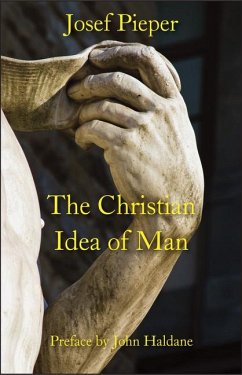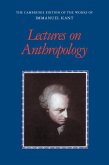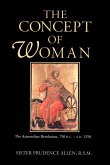In The Christian Idea of Man Josef Pieper brings off an extraordinary feat. He acknowledges that whoever introduces the theme of "virtue" and "the virtues" can expect to be met with a smile - of various shades of condescension. He then proceeds to single out "prudence" as the fundamental virtue on which the other cardinal virtues are based. In defining it, he does away with the shallow connotations which have debased it in modern times. Similarly, he manages to divest it of all traces of "moralism," which, to a large extent has become identified with the Christian idea of virtue and has made it fall into general disrepute. For Pieper, prudence is fundamentally based on a clear perception of reality - of things as they are - and the prudent person is the one who acts in accordance with this perception. It has nothing to do with knowing how to avoid decisions which might be to one's disadvantage. Similarly, justice, which is based on prudence, involves acting toward other persons according to one's perception of the truth of the circumstances - again, a perception of things "as they are." This is not a reference to any "status quo," but to the reality as constituted by the Creator. In referring to courage [fortitude], Pieper discusses the overcoming of fear. This does not imply having no fear but, precisely, overcoming it. With regard to the fundamental fear of death, Pieper rejects the approaches which contend that there is nothing to fear in death. On the contrary, there is everything to fear in death: it concerns the question of possible absolute annihilation! Here Pieper introduces the consideration of the "theological" virtues of faith, hope, and love [charity]. When confronted with the question of possible annihilation, the Christian's faith is paramount. Belief in God lets him confront danger and overcome even the most radical fear - through hope in God. His love of God does not wipe out fear but gives him courage. Moderation is seen as the last in the hierarchy of the cardinal virtues. Through its manifestation, in recent Christian thinking, with chastity and abstinence, it became in the Christian mind the most prominent characteristic of the Christian idea of man and one that dominated everything else. It has been reduced to the status of the most private of the virtues and is combined with a moralistic conception of the good. Pieper's analysis of moderation shows how this virtue needs to be rethought, although, even then, it will remain the last in the hierarchy of virtues.
Hinweis: Dieser Artikel kann nur an eine deutsche Lieferadresse ausgeliefert werden.
Hinweis: Dieser Artikel kann nur an eine deutsche Lieferadresse ausgeliefert werden.








